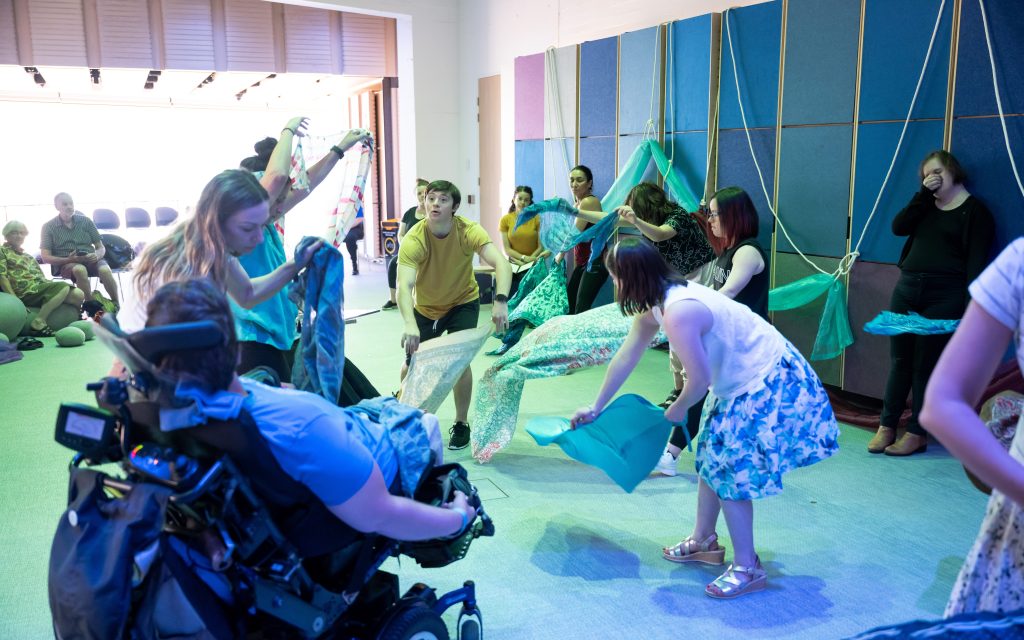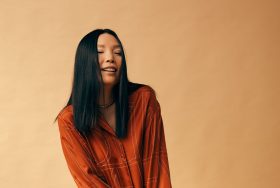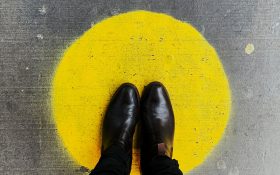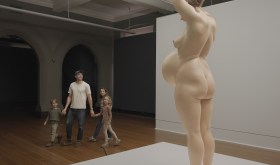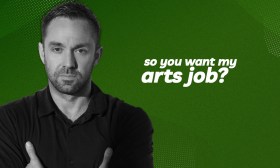Sometimes we don’t have to look very far to see the barriers of access that exist in our arts infrastructure. The experience of taking my younger sister into an art gallery for the first time showed how these barriers could create a stressful situation for both people with disabilities and their carers.
Care had to be taken to prevent my sister from touching the art, as the eyes of the security guards consistently flicked in our direction; the sculptures in the middle of the room could have easily become a safety hazard if she had made a run for it. Viewing art seemed almost like a burden – a chore, which meant that neither of us actually enjoyed the experience.
